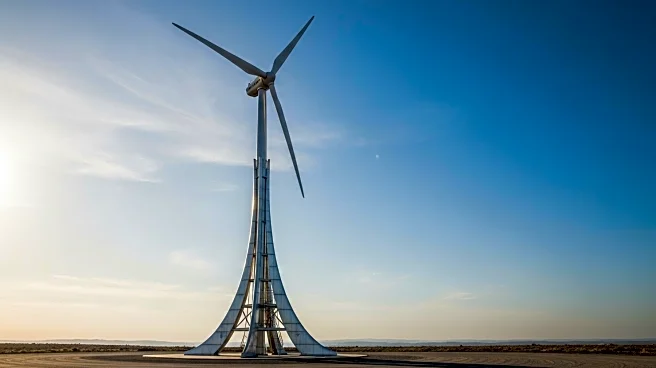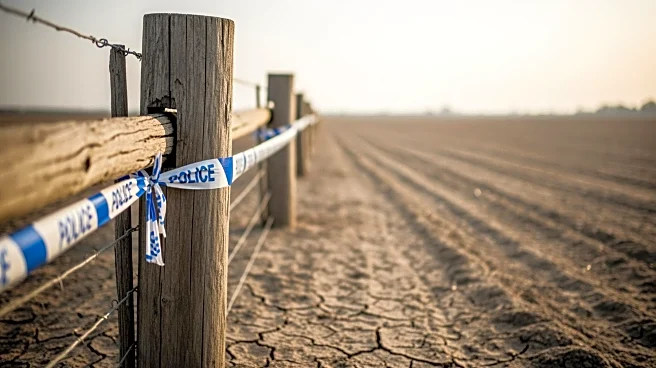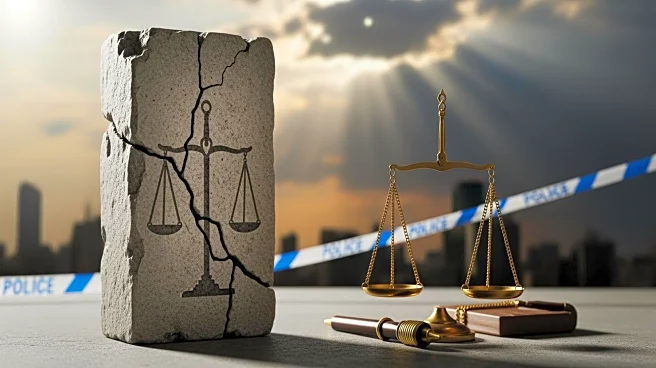What's Happening?
Vistra President and CEO Jim Burke emphasized the reliability challenges posed by transitioning from thermal power plants to clean energy sources during an energy forum at Tulane University. Burke noted that while wind, solar, and storage offer cheaper electricity, they fall short in reliability compared to coal-fired, gas-fired, or nuclear generation. He highlighted that 1 GW of thermal power equals 9 GW of clean energy in terms of reliability, excluding transmission costs. Burke expressed concerns about the potential reliability risks associated with retiring thermal power plants and suggested that new gas and nuclear plants might be necessary to maintain grid stability. Vistra plans to acquire 2.6 GW of gas-fired generation from Lotus Infrastructure Partners for $1.9 billion, underscoring its commitment to reliable power sources.
Why It's Important?
The discussion underscores the ongoing debate in the energy sector about balancing cost, reliability, and sustainability. As the U.S. transitions to cleaner energy, ensuring grid reliability remains a critical concern. Burke's comments highlight the potential need for continued investment in thermal power to support renewable energy sources. This has implications for energy policy, investment strategies, and consumer electricity prices. Companies like Vistra are navigating these challenges by investing in diverse energy portfolios, including gas and nuclear, to ensure consistent power supply.
What's Next?
Vistra's acquisition of gas-fired generation assets is expected to close by the end of the year, indicating a strategic move to bolster its reliable energy capacity. The energy sector may see increased investments in carbon capture and sequestration technologies to enhance the sustainability of gas-fired plants. Stakeholders, including policymakers and energy companies, will likely continue to explore solutions to balance reliability with the push for cleaner energy.
Beyond the Headlines
The transition to clean energy involves complex trade-offs between environmental goals and practical reliability needs. Burke's remarks suggest that while clean energy is essential for sustainability, the current infrastructure may require significant upgrades to meet reliability standards. This could lead to increased regulatory scrutiny and innovation in energy technologies.








